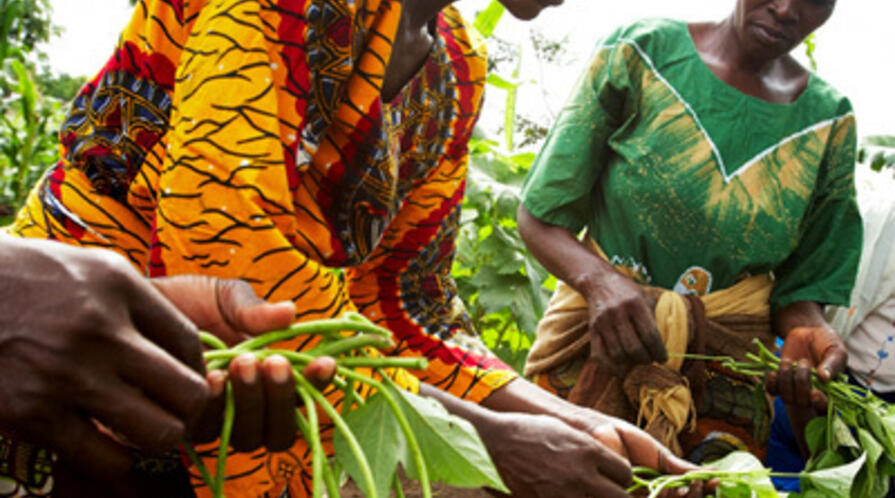Managing Food Price Volatility: Approaches at the Global, National and Household Levels
What does price instability have to do with food security? Price spikes hurt poor consumers, price collapses hurt farmers, and price risks reduce investment. Timmer's work suggests that food price instability also has a deeper and more insidious impact: it slows down economic growth and the structural transformation that is the pathway out of rural poverty. Food price instability really hurts the poor in both the short run and the long run.
"Food security is not a viable social objective unless it is also a profitable undertaking for input suppliers, farmers, and marketers of output. Consumers must then be able to afford to purchase this food, secure in the knowledge that it is safe and nutritious. Achieving food security within these constraints of a complex economic system is a challenge because both poor consumers and small farmers must be effective participants." -- Peter Timmer
Thom Jayne, Professor of International Development at Michigan State University, will join the conversation as a discussant following the main presentation.
Biography
C. Peter Timmer is a leading authority on agriculture and rural development who has published widely on these topics. He has served as a professor at Stanford, Cornell, three faculties at Harvard, and the University of California, San Diego, where he was also the dean of the Graduate School of International Relations and Pacific Studies. A core advisor on the World Bank's World Development Report 2008: Agriculture for Development, Timmer also works with several Asian governments on domestic policy responses to instability in the global rice market. He is an advisor to the Bill and Melinda Gates Foundation on agricultural development issues.

